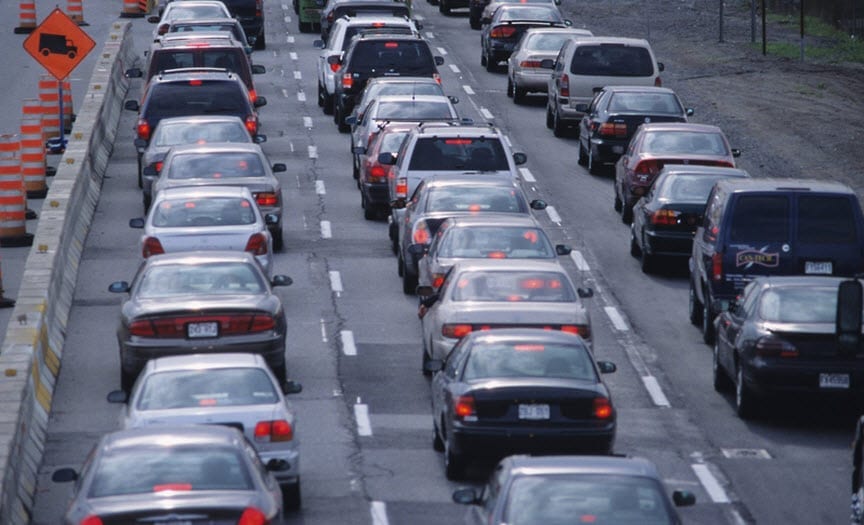A recent Republican backed bill could make drivers in Wisconsin a lot more at risk.
Critics of the bill said that it would revoke provisions in the state budget establishing minimum coverage levels for liability and replace them with much lower standards. Car insurance would still be mandatory, but the minimum levels of coverage would drop.
Democrats rallied against the proposition before the Senate and Assembly insurance committees, saying that the reduced levels could take money away from drivers recovering from accidents. Democrats also criticize that there is no evidence suggesting the current budget has influence higher premiums, though state regulators claim otherwise.
Also in attendance at the hearing was a coalition comprised of several organizations, led by Robert Kraig, who insisted that the current budget is actually an attempt to ensure insurers don’t pay out.
Ann Jacobs, a member of the group, blasted a provision within the bill that required drivers involved in accidents to swear an oath within 30 days of the accident that there was, in fact, an accident. She rebuked the notion that victims should be expected to sign off on a document when unconscious in a hospital bed.
Republicans hold that people should be allowed to choose coverage they can afford. Rep. John Nygren, R-Marinette, one of the bill’s authors, said, “The bill is designed to give consumers the ability to choose and put affordability back into the equation.”
Any evidence Republicans can supply is, admittedly, anecdotal.
However, an attorney with Wisconsin Mutual Insurance Company, Charlie stern, told the committee that, since fall of 2009, his company accrued nearly $1.2 million is losses attributed to stacking, a practice where drivers caught in accidents add three or more underinsured vehicles to a claim to help pay for damages. He says that his company has raised its rates for underinsured coverage by 50% since October of last year.
The bill is still in debate and the committees were not expected to reach a conclusion regarding it at the time of their meeting.


